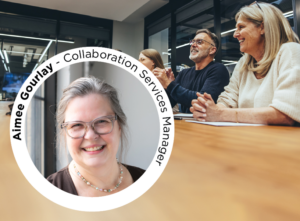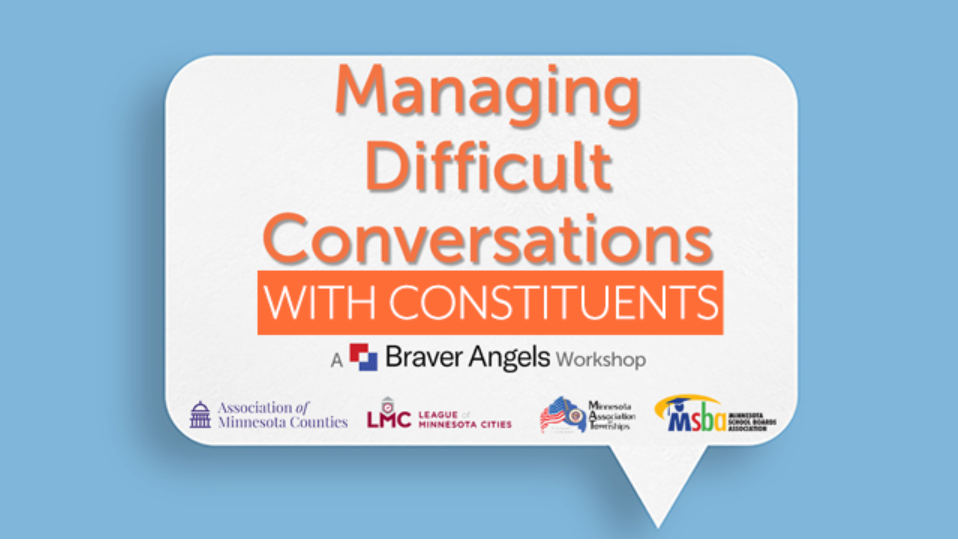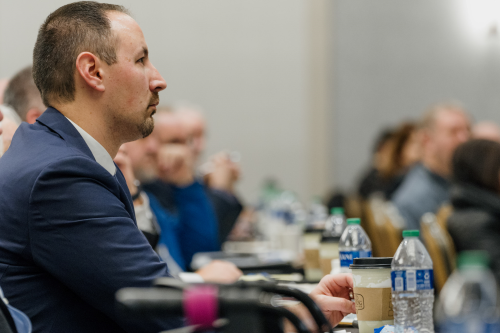Collaboration services are available to members of the League of MN Cities Insurance Trust.
Bridge the divide
Strong opinions can lead to lively discussions and promote the exchange of new ideas and creative solutions. However, when those discussions start to lead to conflict, where can your city turn for help? Get free guidance from a qualified neutral and experienced facilitator who will meet with your city to provide personalized workshops and facilitated discussions.
If your city has conflict…
Collaboration Services can help city officials and employees learn to work together better, engage more respectfully, and get tools to govern more effectively. Services may be right for you if you’re saying:
- We’ve got to get everybody discussing the issues, not each other.
- Our council members or staff really do not understand their roles.
- Our council meetings run too long.
- I wish our council could get things done (efficiently).
- We need a third party to help us communicate better.
We can help your city:
- Move beyond polarization with a problem-solving mindset.
- Understand each other’s priorities and perspectives.
- Improve working relationships.
- Identify shared goals and work toward desired outcomes.
- Clarify what can be changed – and what can’t – and manage change.
- Define roles.
- Develop and apply clear policies and practices.
- Manage meetings.
- Address systemic issues.
What you need to get started:
- You want to collaborate – there is clear, unambiguous agreement to work with Collaboration Services in your city.
- You are ready to decide together how to meet the needs in your community by agreement or council vote, as appropriate.
- You are willing to listen to all perspectives and respect all those who participate.
Collaboration Services include:
- Collaboration and communication skills workshops tailored for your city.
- Mediation.
- Situation assessment and recommendations to address specific issues.
- Facilitated dialogues.
- Team building exercises.
Looking for more information? Check out these additional resources:
- Promoting Resilience With Intention
- Meeting Facilitation
- A Good Start to Good Governance (pdf)
- Conflict Resolution (pdf)
- Official Conflict of Interest (pdf)
- Role with It: Individual Versus Council Authority (pdf)
- Public Engagement Resources from the State of Minnesota Office of Collaboration and Dispute Resolution







